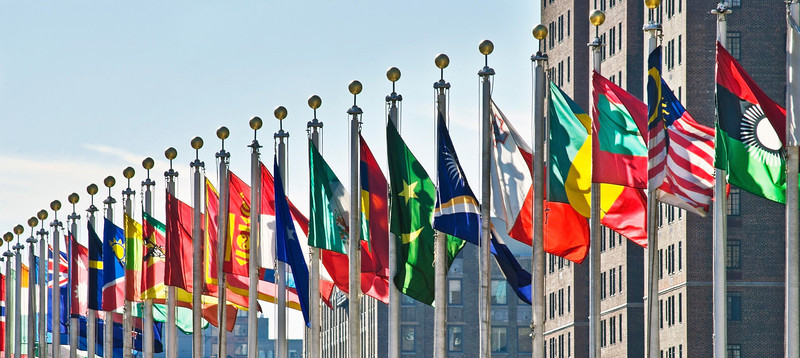13.04.2021 - 21:04
|
Actualització: 13.04.2021 - 23:04
The former First Vice-President of the Parliament of Catalonia, Josep Costa, has filed a lawsuit against Spain at the United Nations Human Rights Committee regarding the threats by the Spanish Constitutional Court and the Spanish government to prevent the investiture of Carles Puigdemont in January 2018. As a member of the board, Costa received threats of criminal action against him, including prison, by the Spanish executive and the Court “with the purpose of changing the will of the majority of Parliament”. With these actions, Costa adds, it was repeatedly prevented that the new Catalan president could be invested.
Costa explained it in an interview with Catalunya Ràdio: “We will go to all the international bodies, we have already started to prepare it. We do not accept the power of the court to judge parliamentary activity. There is a demand that I have submitted to the UN Human Rights Committee, which is the body that defends the international covenant on civil and political rights and has the ability to judge and discern whether there is a violation of fundamental rights in the action of Spain’s Constitutional Court. We have widened the international battle at the United Nations to denounce the 2015 Constitutional Court reform, because it goes against Catalonia and has been exercised only against Catalonia, and therefore there is a constitutional right of the enemy. It is an individual request to the UN that can benefit other members of the Parliament board”.
In the lawsuit, to which VilaWeb has had access, Costa states that “Spain is guilty of having violated its obligations to international treaties by imposing disproportionate and unjustified restrictions on the exercise of its political rights protected by the Universal Declaration of Human Rights and the International Covenant on Civil and Political Rights”. He also lists the rights protected by these treaties: the right to stand for election, the right to freedom of expression and assembly and association with other politicians and parties in order to pursue the common goal of achieving the independence of Catalonia.
Costa already filed a lawsuit in Strasbourg to the European Court of Human Rights. As Costa says, it’s a long-awaited lawsuit that they were able to prepare: “The advantage we have here is that the initial accusation is made by the Constitutional Court. The bail court is the accusing party in this lawsuit. That is why we can go to Strasbourg from the start so that they can decide before being judged if there is a case of violation of fundamental rights and of the parliament autonomy and the free expression of deputies. I have a lot of confidence in Strasbourg”.


